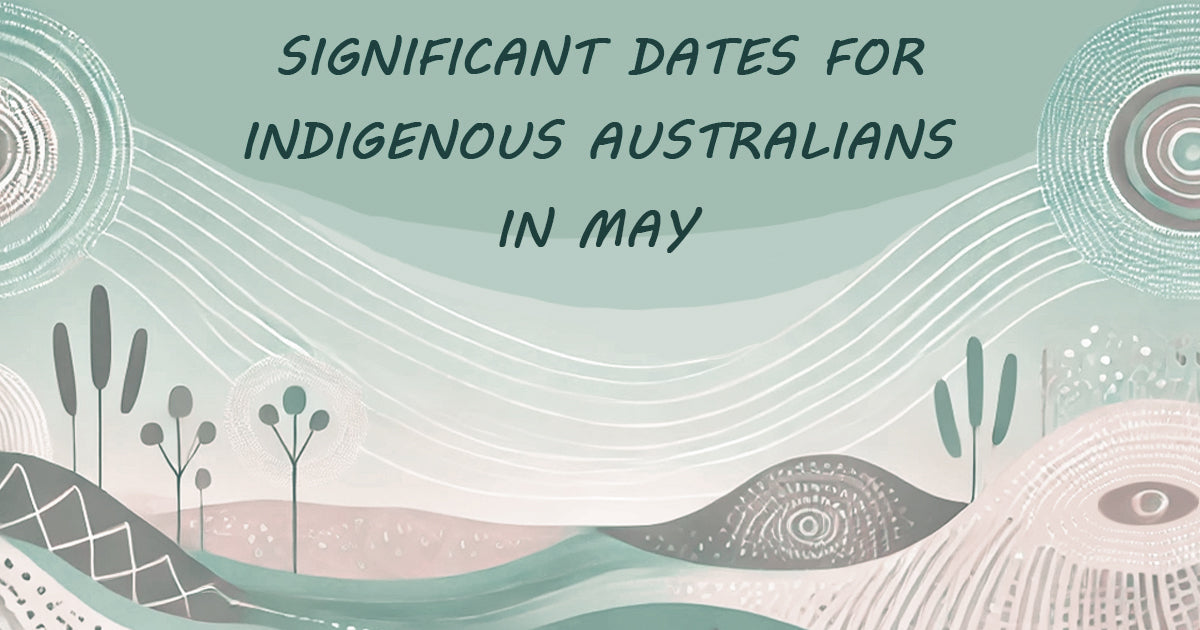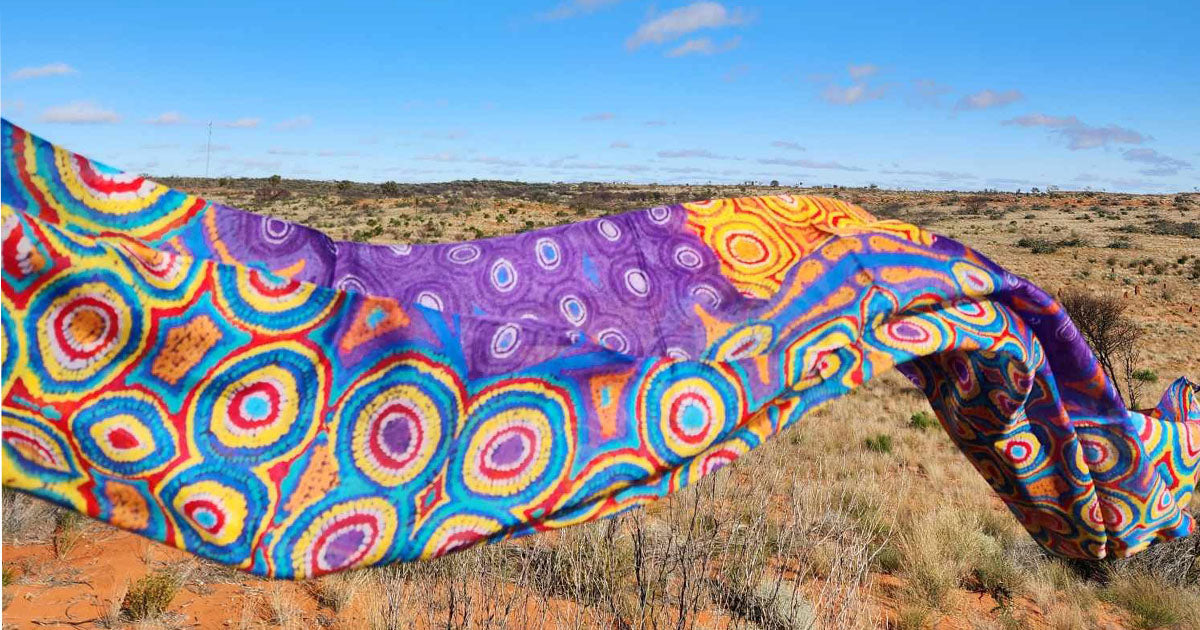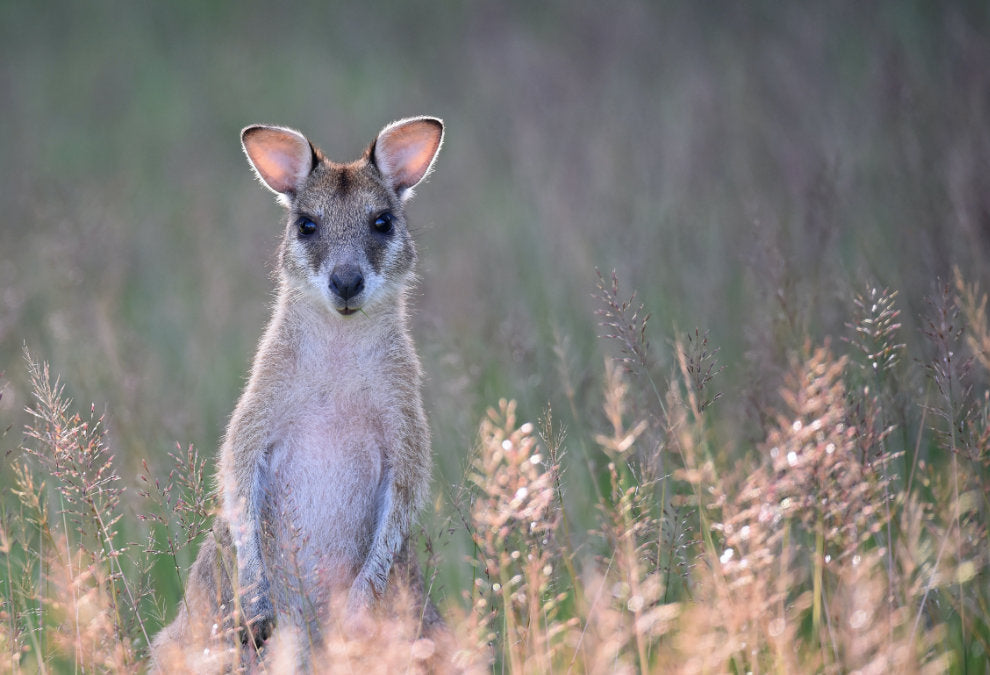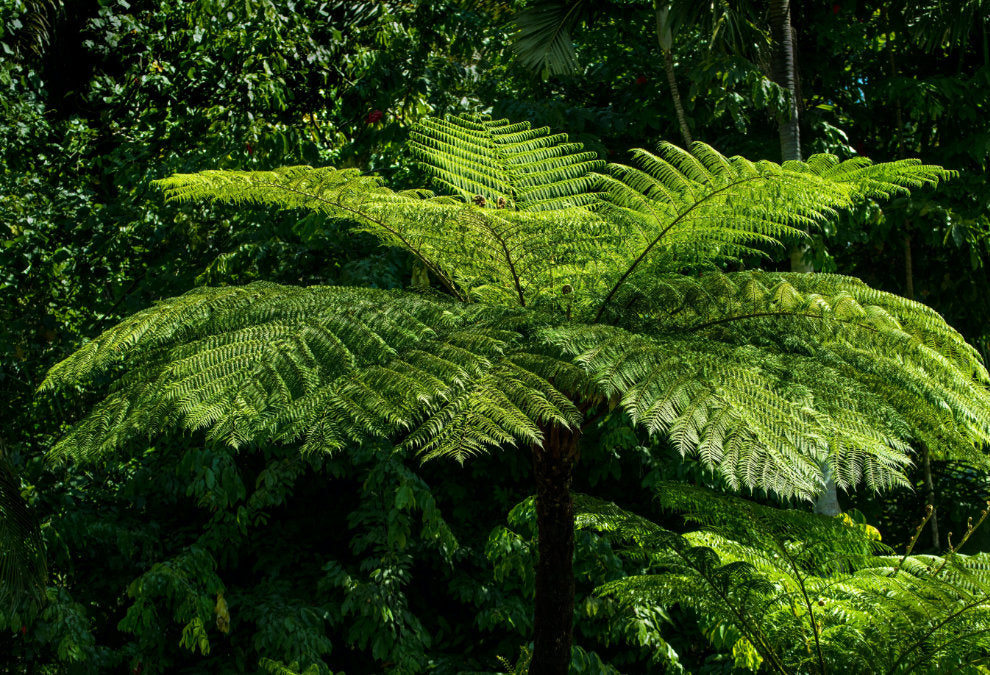
Significant Dates for Indigenous Australians in May
May holds profound meaning in Australia's shared history, marking a series of events that reflect the enduring impacts of colonisation and the unbroken spirit of First Nations peoples.
From brutal massacres to landmark legal victories and devastating losses, these anniversaries remind us of the ongoing struggle for justice, truth and reconciliation.
May 1795 – Massacre of Bidjigal people of the Darug Nation in the Hawkesbury River region
In May 1795, British settlers violently attacked the Bidjigal people of the Darug Nation along the Hawkesbury River in New South Wales. Sanctioned by Lieutenant Governor William Paterson, the massacre resulted in the deaths of at least seven Bidjigal people, with survivors, including women and children, captured and imprisoned. This brutal event foreshadowed the widespread dispossession and violence that would accompany colonial expansion across the continent.
8 May 1876 – Death of Truganini
Truganini, sometimes described as “The Last Tasmanian,” was a Palawa woman of Lutruwita (Tasmania). Her life spanned a period of immense upheaval, witnessing the genocidal Black Wars and the forced exile of her people to Flinders Island.
Despite enduring profound personal and cultural losses, Truganini remained a steadfast advocate for her people. Her story symbolises the resilience and survival of Indigenous Tasmanians against the forces of colonial violence and oppression.
Before her death, Truganini pleaded for her body to be treated with dignity, asking for her ashes to be scattered in the D’Entrecasteaux Channel. Her wishes were denied and after her death in 1876, her remains were exhumed and shamefully displayed in the Hobart Museum.
It took nearly a century of struggle before the Palawa people succeeded in reclaiming her and fulfilling her last request. In 1976, Truganini was cremated, and in a solemn ceremony attended by Aboriginal community members, her ashes were finally scattered in the waters as she had asked so long ago.
21 May 1962 – Passage of the Commonwealth Electoral Act
The passing of the Commonwealth Electoral Act 1962 was a critical moment in Australia’s political history, finally granting all Aboriginal and Torres Strait Islander people the right to enrol and vote in federal elections. It was a hard-won victory after decades of activism and marked an important step toward dismantling systemic discrimination within Australia's democratic system.
27 May 1967 – The 1967 Referendum
The 1967 referendum remains one of the most significant milestones in Australian civil rights history. An overwhelming majority of Australians voted to amend the Constitution, allowing the federal government to make laws for Aboriginal and Torres Strait Islander peoples and to include them in the national census. This landmark result reflected a growing public recognition of Indigenous rights and laid the groundwork for subsequent reforms toward greater equality.
26 May 1997 – Tabling of the Bringing Them Home Report
The Bringing Them Home report, tabled in Parliament on 26 May 1997, exposed the devastating history of the Stolen Generations - Aboriginal and Torres Strait Islander children forcibly removed from their families under government policies.
The report detailed the trauma inflicted upon generations of Indigenous families and called for comprehensive reparations, national apologies and systemic change. It became a cornerstone for Australia's broader reconciliation movement.
24 May 2020 – Destruction of the Juukan Gorge rock shelters
On 24 May 2020, Rio Tinto detonated a sacred rock shelter at Juukan Gorge in Western Australia’s Pilbara region, a site of immense cultural, archaeological and spiritual significance, containing evidence of continuous human occupation dating back more than 46,000 years.
Despite an archaeological report highlighting its outstanding heritage value, including rare stone tools and preserved ancient human remains, the shelter was destroyed to access high-grade iron ore worth an estimated $135 million.
The destruction triggered global outrage and exposed deep flaws in Australia's heritage protection laws.
As Wuthathi-Meriam legal scholar Terri Janke wrote, “Australia and the world lost access to an irreplaceable body of cultural knowledge.”
The Juukan Gorge disaster became a stark symbol of the disregard shown to Traditional Owners in negotiations with mining companies, a system long backed by government interests and inadequate legislation.
Despite the incident leading to widespread calls for reforms to Australia's cultural heritage protections at both state and federal levels, many Traditional Owners remain sidelined from meaningful decision-making over their sacred sites.
26 May – National Sorry Day
Observed annually on 26 May, National Sorry Day acknowledges the profound grief, suffering and loss endured by the Stolen Generations. It is a day for Australians to reflect on past injustices, to honour the resilience of Indigenous communities and to commit to a future of healing and genuine reconciliation. Public ceremonies, educational initiatives and community events are held around the country to mark the occasion.
Conclusion
The significant dates we commemorate each May, moments of sorrow, resistance reform and resilience, underscore the ongoing journey toward truth, justice and reconciliation in Australia.
From the brutal massacres of the colonial frontier to the contemporary destruction of sacred sites, and from political disenfranchisement to landmark civil rights victories, the legacy of these events continues to shape the Australian nation today.
True reconciliation demands confronting the injustices of the past, amplifying Indigenous voices, and protecting the cultural heritage that endures across this land.
Always was, always will be, Aboriginal land.












